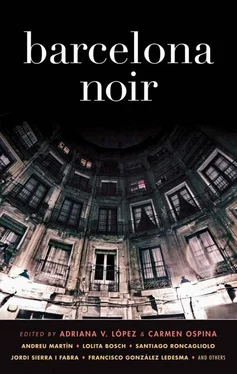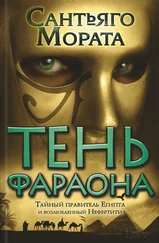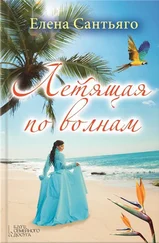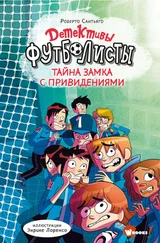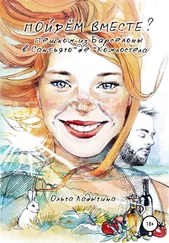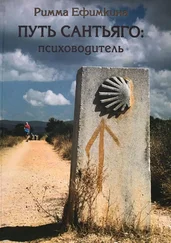That’s not so uncommon. There was a great writer from Barcelona, Néstor Luján, who kept books even in the bathroom, and there’s a true story about a bourgeois man who had so many books that his wife got fed up and told him, “Me or the books.” And the bourgeois man said, “The books.”
Well, I’ve already mentioned that Méndez had more books than he could possibly read in what he has left of life, and that it’s not so unusual — in spite of the fact that Barcelona’s climate is usually better for taking a stroll than staying at home with a book. One time, Méndez met another man, a senior, who suffered the same problem.
“I’m obsessed with books, I love them,” Méndez’s friend told him one day. “I’ve spent my life collecting them and taking care of them. But I’m desperate, because I now have more books than I can possibly read in a lifetime. To make matters worse, I’m going blind.”
“What are you going to do?” asked Méndez.
“The day I realize I can no longer read, I’ll kill myself, because then my life will be useless.”
Méndez understood all too well.
And this is where we arrive on terrain that nobody’s too sure about, but that we suspect. We suspect two things: first, that Méndez owns more than one illegal gun — well, the man’s spent half his life in the company of thieves; second, that he’s bitter, but keeps it secret. Though others will say he’s never lost faith in humanity.
So Méndez replied to the old man, but it’s unclear whether he did so with ill intentions, or because he thought nothing would come of it: “Here, I’m going to give you this antique pistol, which is worth quite a bit. I’m giving it to you so you can kill yourself whenever you want.”
The bibliophile must have been pretty determined because he took it without hestitation. “Thank you,” he said.
Six months went by and Méndez didn’t see the old man again, although he imagined he probably couldn’t even pick up a book anymore.
So Méndez went looking for him in Las Ramblas, in the old bookstores, in the city libraries, in the few parks left in Barcelona, trapped between blocks of apartments.
He came across many book lovers, but not his friend. Until one day he finally found him. He was wearing very thick glasses.
“Did you make it through your whole collection?” Méndez gasped.
“Absolutely not!” said the man. “You should see what I still have left!”
“Then what did you do with the gun? You didn’t kill yourself...”
“No way! I sold the gun to buy another book.”

Eric Taylor-Aragónis half-Peruvian and half-British, and graduated with a degree in literature from UC Berkeley. He’s currently at work on his second novel, Pocketman . He lived in Barcelona (Barri Gòtic and El Raval) for three happy, wine-drenched years, and currently lives a nomadic existence between the United States and Spain.

Raúl Argemíis the author of seven novels that have been translated into various languages: El Gordo, el Francés y el Ratón Pérez, Los muertos siempre pierden los zapatos, Penúltimo nombre de guerra, Patagonia Chú Chú, Siempre la misma música, Retrato de familia con muerta, and La última caravana. His work has been awarded several prizes, such as the Dashiell Hammett 2005 as well as the Luis Berenguer, Brigada 21, and Novelpol awards. He was born in Argentina and lives in Barcelona.

David Barba, born in Barcelona in 1973, is a writer, cultural journalist, and professor of journalism and humanities at the Universidad Autónoma de Barcelona, where he also teaches meditation. He published the official biography of Spanish porn star Nacho Vidal and is an expert in pornography. He lives in Barcelona.
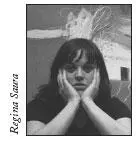
Lolita Boschwas born in Barcelona in 1970, but has lived in Albons, Spain, India, the United States, and, for ten years, Mexico City. She writes in both Spanish and Catalan, directs a literary collective, and lives in Barcelona with her dog. For more information, visit www.lolitabosch.com.
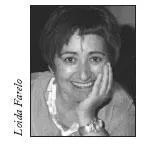
Antonia Cortijoswas born in Barcelona in 1948. She graduated from the Escuela Massana de Barcelona, where she studied design and painting, two passions she still dedicates time to when she isn’t writing. Cortijos is the author of the highly acclaimed thriller El diario de tapas rojas , as well as Ruido de agua and the story collection Isla Plana . Her fouth novel, Atlántidas , will be published in 2011 and she is at work on a fifth book.
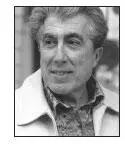
Jordi Sierra I Fabrawas born in Barcelona in 1947. He has published hundreds of books and received dozens of literary awards from both sides of the Atlantic, among them Spain’s National Literature Prize, and is that country’s most widely read children’s and young adult author — his books have sold more than ten million copies. He is the founder of the Fundaciò Jordi Sierra i Fabra in Barcelona and the Fundación Taller de Letras Jordi Sierra i Fabra for Latin America.
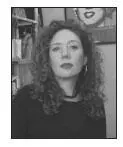
Cristina Fallarásis a writer and journalist whose work has appeared in El Mundo newspaper and several Spanish television and radio programs. She is the author of the novels La otra Enciclopedia Catalana, Rupturas, No acaba la noche, and Así murió el poeta Guadalupe, which was a finalist for the Dashiell Hammett prize in literary crime fiction in 2010. She was born in Zaragoza and has lived in Barcelona since 1986.
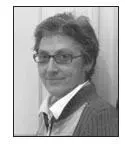
Isabel Francwas born in Barcelona and is the author of the celebrated Lola Van Guardia trilogy featuring Emma García, the first lesbian female detective in Spanish literature. She is the editor for the new Spanish version of Ladies Almanack by Djuna Barnes and was awarded Spain’s Premio Shangay for No me llames cariño . In 2010 Franc published a graphic novel about breast cancer, Alicia en un mundo real , with the illustrator Susan Martín.
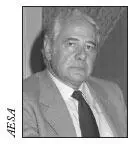
Francisco González Ledesmawas born in Barcelona in 1927. He won the Premio Internacional de Novela for Tiempo de venganza , a novel originally banned by Franco, when he was twenty-one. In 1984, he received the Premio Planeta for Crónica sentimental en rojo, which featured his most well-known protagonist, Detective Méndez. The Detective Méndez series soon became an international success. He was awarded the Premio Pepe Carvalho in 2005.
Читать дальше
